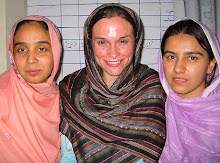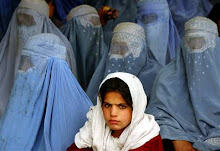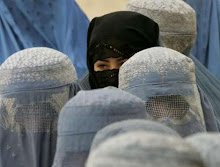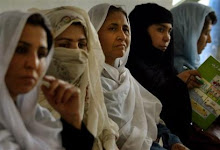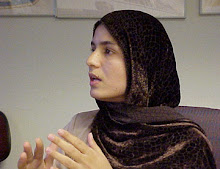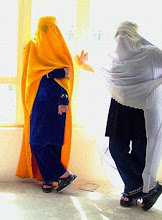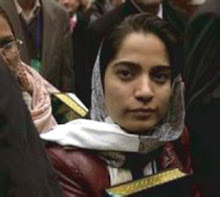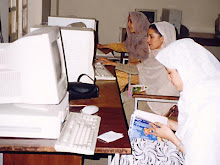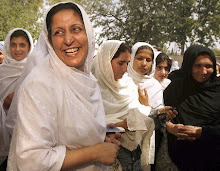The women's affairs department in the northern Afghan city of Mazar-e Sharif has launched a scheme to help women set up their own retail businesses.
Five shops, owned and run by women, have already opened in the city and the women say the stores are doing well.
The provincial governor is now planning a shopping centre with about 200 shops, exclusively owned by women.
The initiative is also helping customers as many families do not allow their women to enter shops run by men.
Since the Taleban were ousted from Afghanistan, many women have found that gaining or regaining their rights is a long and difficult process.
Yet in some places, they are managing to chip away at patriarchal institutions.
Thriving again
North Afghanistan's biggest city, Mazar-e-Sharif, is trying to put behind it the bloody years from 1997 to 2001, when it was fought over by militias, including the Taleban, and thousands of people were killed in the streets.
Today, this low-rise city, baked by the sun of the central Asian grasslands, is thriving again.
The broad boulevards have been resurfaced with Japanese funding.
Each city roundabout is being designed by a different local business, some with outlandish sculptures as their centre-pieces, and Mazar is the hub of a part of Afghanistan vastly more peaceful and secure than the south or the east.
It remains socially conservative, with most women going about in white or blue burkhas, the all-encompassing veil.
But the provincial women's affairs department has now started a scheme for women to own their own shops, something almost unheard of in Afghanistan.
The five that have so far opened in Mazar-e Sharif are mostly devoted to women's clothing or foodstuffs.
Women's garden
The shop owners are getting good returns, giving them more financial security.
And they appear to be popular with the customers - in conservative Afghanistan, many families do not want their womenfolk entering shops run by men.
And now, the number of such shops is set to soar.
The provincial governor has laid the foundation stone for a complex called Bagh-e-Zanana, or Women's Garden, which will contain about 200 shops owned by women.
Men as well as women will be able to shop there, but officials say their behaviour will be closely monitored.
Some conservative local clerics are unhappy with the moves.
One has said that the new female entrepreneurs are misleading other women, encouraging them to claim freedoms that are inappropriate. But other religious scholars are satisfied with the initiative, arguing that the new commercial activities are a step towards advancing women's role in society.
The new shopping complex is expected to open within weeks.





